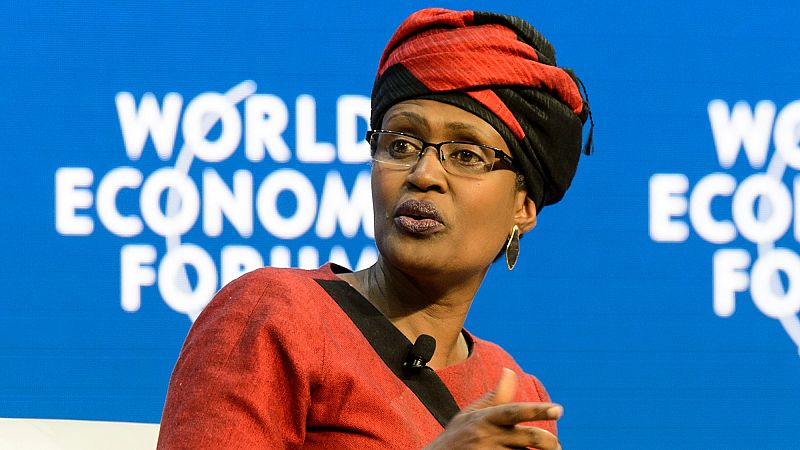
UNAIDS chief Winnie Byanyima said the sudden loss of American money has been "devastating" for efforts to stop HIV and will cost many lives of the world’s most vulnerable people.
But she also proposed an "amazing deal" for US President Donald Trump that she said could result in "the end of AIDS".
At a news briefing in Geneva, Byanyima said that the deal would involve Trump enabling the US company Gilead to produce and licence its "magical" prevention drug lenacapavir across the world to the millions of people who need it.
Lenacapavir, sold as Sunlenca, has been shown through twice-yearly injections to completely prevent HIV infection in women and works nearly as well in men.
"President Trump likes deals," Byanyima said, acknowledging that it was President George W Bush who first started paying for the widespread roll-out of HIV drugs more than two decades ago.
"It could be President Trump, another Republican president, who leads the prevention revolution towards the end of AIDS," the UNAIDS director said.
She added that the deal would result not only in profits for Gilead and create jobs for Americans, but save millions of lives in poorer countries.
Consequences of US cuts
Byanyima said that American money made up about 35 per cent of UNAIDS' core budget last year, but it was unclear whether that might be restored for next year.
She said the agency was in talks with the US government but was also preparing for a worst-case scenario, in which there was no funding available from the US.
Byanyima said it was unlikely any other donors would be able to fill that vacuum, adding that European donors have told the agency they would be cutting back on their support in order to redirect their funds to defence and other priorities.
Byanyima said that unless support for HIV efforts is restored, there could be more than 6.3 million additional deaths in the next four years and an additional 2,000 people per day becoming infected.
She acknowledged that there has been some valid criticism regarding how HIV aid has been delivered, calling it "an opportunity to rethink and develop more efficient ways of delivering life-saving support".
Byanyima also said African countries were trying to become more self-sufficient and that even some of the poorest nations were now "trying to stretch very weak, fragile health systems to absorb people living with HIV".







